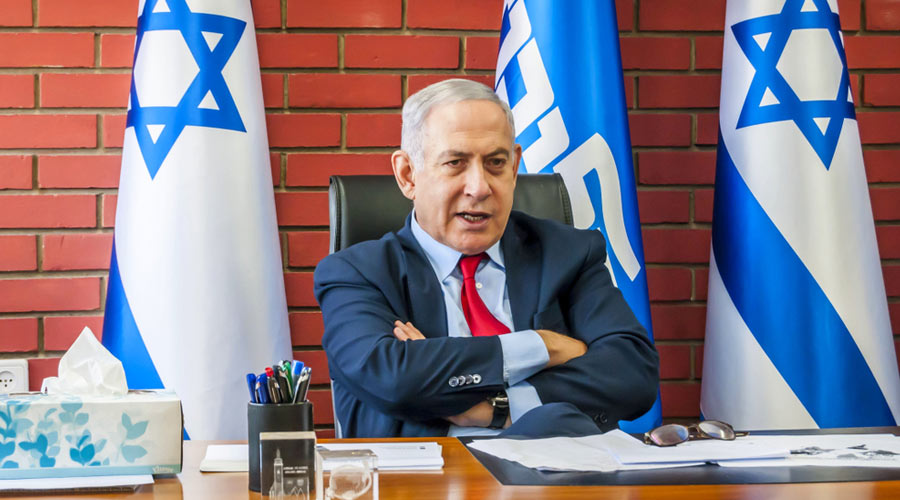It is a spiral of violence that is all too familiar. A series of incidents has brought the Israel-Palestine conflict to the headlines, yet again, amidst growing risks of an escalation. Last week, Israeli soldiers killed 10 Palestinians in a raid in the West Bank city of Jenin. That was followed by a series of attacks on Israelis by Palestinians, including one outside a synagogue in East Jerusalem that left seven people dead. In response, Israel’s prime minister, Benjamin Netanyahu, has announced plans to make it easier for Israelis to acquire guns, ostensibly for self-defence. Meanwhile, Israeli forces and Palestinian groups have exchanged fire, and the Israeli air force has bombed Gaza. Yet, even though versions of this cycle of events have played out repeatedly in recent years as hopes of a two-state solution have declined, the current moment poses specific threats to the Middle East and the world. Israel has the most hardline right-wing government in its history, and Mr Netanyahu, a political survivor with few parallels, needs to pander to the most extremist elements within his coalition to stay in power. His government and its ministers have already promised to expand illegal Israeli settlements on Palestinian land, riding roughshod over international law.
The current crisis also comes at a time when major world powers that have previously helped defuse tensions are preoccupied with the war in Ukraine, rising differences between China and the West, and mounting concerns that the global economy is teetering close to a recession. Antony Blinken, the secretary of state of the United States of America, on a visit this week, iterated Washington’s commitment to the two-state solution but made clear that the US would do nothing to hold Israel to account for nibbling away at any prospects of a Palestinian nation-state. China, too, has bet heavily on ties with Israel; while it has asked for restraint amid the current violence, it is unlikely to press Mr Netanyahu to change course. All of this means that an already volatile region is dangerously vulnerable to an increase in conflict in the coming months. On the one hand, Mr Netanyahu’s government is unlikely to step back from provocations against Palestinians. Equally, young Palestinians — frustrated by the world’s failure to ensure a diplomatic solution and their own leadership’s shortcomings — are easy fodder for armed groups looking for recruits. It is a new cocktail even for a region that knows devastation well. And an explosion seems imminent.










